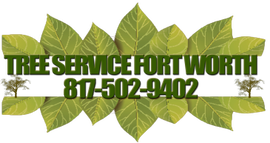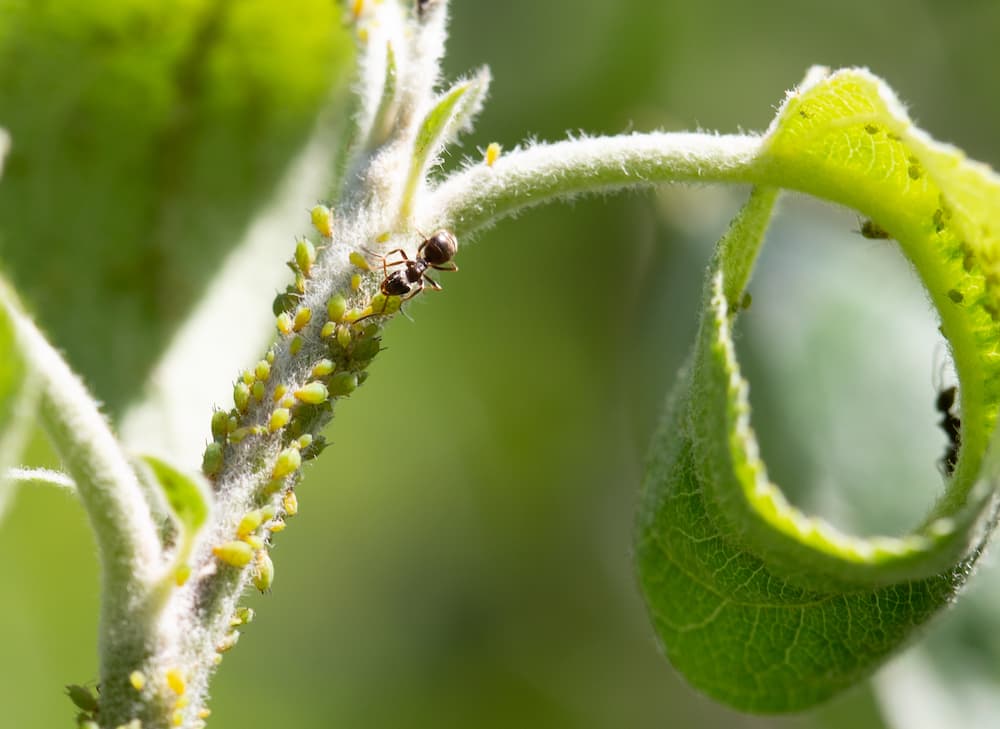Aphids Infestation on Pecan Trees in Forest Hill, TX
Forest Hill, Texas, graced with picturesque pecan trees, unfortunately, is also a favored habitat for pests like aphids. These tiny pests can pose serious threats to the health and productivity of these trees. This guide aims to help residents identify, control, and prevent aphid infestation on our beloved pecan trees.
- Recognizing Aphid Infestations: Early identification of an aphid infestation is crucial. Warning signs include leaves turning yellow or curling, sticky residue (honeydew) on the bark, black-hued sooty molds, and a general decline in the tree's vigor.
- Assessing Infestation Severity: Understanding the impact level of an infestation is significant for implementing control and eradication efforts. A small batch of aphids might not bring about severe harm, but a large, unchecked aphid population can be destructive. Consider seeking guidance from professional arborists for accurate diagnosis and treatment plan when infestations become serious.
- Controlling Aphid Infestations: Encouraging predatory insects such as ladybugs and lacewings can serve as a natural and environment-friendly approach to control aphids. In extreme cases, specially designed aphid insecticides could be deployed — always ensure to closely follow the label instructions for their safe and effective use.
- Pruning as a Control Method: Regularly pruning your pecan trees, particularly the infested areas, can help control aphid populations by limiting their food source and making the trees less attractive to them.
- Proactive Prevention of Aphid Infestations: Consistently inspecting your pecan trees will enable early aphid detection and infestation prevention. Cultivating a diverse ecosystem in your garden by encouraging aphid predators works as an effective preventative measure.
Efficient handling of aphid infestations in Forest Hill's pecan trees relies on swift detection, prompt intervention, and ongoing prevention strategies. Consultation with professionals is advised in situations of serious infestations.
As Forest Hill residents, we share a unified responsibility to safeguard our emblematic pecan trees. Equipped with the knowledge presented in this guide, we can better manage aphid threats, thereby ensuring the longevity and health of our pecan trees. Together, let's uphold the tradition of our town's significant natural assets, conveying our reverence for the past and commitment to a green future.
The purpose of such efforts extends beyond the preservation of our pecan trees towards cherishing our unique ecological heritage. By guaranteeing the survival of these trees, we are not only maintaining a characteristic part of our town's charm but also deepening our environmental ties, cementing our connection with nature.




